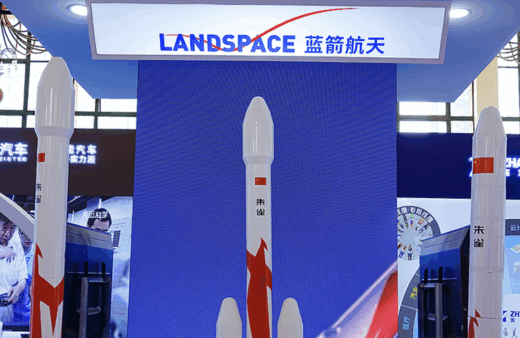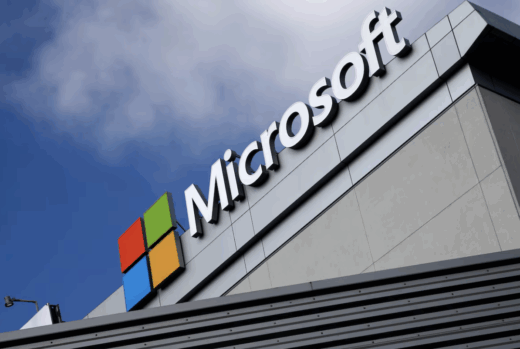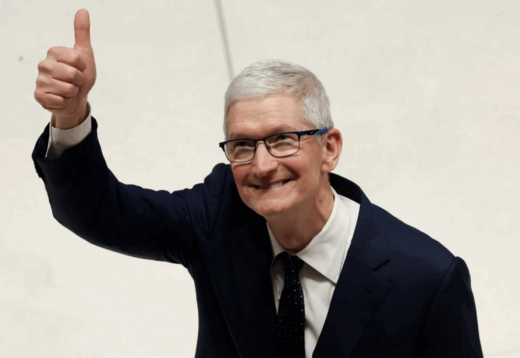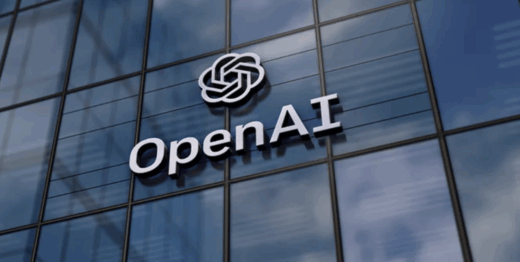Meituan and JD.com Expand Delivery Battle with Central Kitchens
China’s food delivery competition is intensifying as Meituan and JD.com invest heavily in central kitchen networks to speed up fulfilment and cut costs. Meituan plans to open 1,200 “Raccoon Restaurants” over the next three years—food court-style hubs where partner chains operate kitchens exclusively for takeout. Meanwhile, JD.com will spend 1 billion yuan ($139M) to launch 10,000 self-operated 7Fresh kitchens, offering 1,000 menu sets nationwide. JD.com hailed the initiative as the biggest supply chain innovation in 15 years of local delivery.

DJI Enters 360-Degree Camera Market with 8K Osmo 360
DJI, the world’s leading consumer drone maker, unveiled its first 360-degree panoramic camera, the Osmo 360, marking a major expansion into the broader photography market. Weighing just 183 grams, the flagship camera features 8K ultra-high-definition video, 120-megapixel photos, and continuous 100-minute recording, powered by a high-performance imaging chip with advanced heat dissipation. The Osmo 360 includes 105GB of built-in storage, supports Wi-Fi 6 and USB 3.1 for fast transfers, and charges to 50% in 12 minutes. DJI’s entry challenges rivals like Insta360, as the global 360-degree camera market is projected to grow to $2.34 billion in 2025, up from $1.82 billion in 2024.

China’s LandSpace Seeks IPO After Breakthrough in Reusable Rockets
Beijing-based rocket firm LandSpace Technology has filed to list on Shanghai’s STAR Market, though fundraising targets remain undisclosed. Founded in 2015, LandSpace became the first company worldwide to launch a methane-liquid oxygen rocket in 2023, beating U.S. rivals SpaceX and Blue Origin. It recently tested the propulsion system of its Zhuque-3 reusable rocket, scheduled for a maiden launch in late 2025. If successful, LandSpace would be the second company after SpaceX to achieve reusable rocket launches, a cost-saving milestone. Backed by investors including HongShan and state funds, the company raised 900 million yuan in December to advance development.

Microsoft Joins Nvidia in $4 Trillion Market Cap Club
Microsoft became the second company after Nvidia to surpass a $4 trillion market cap, following a 5% stock jump on stronger-than-expected earnings. Revenue grew 18%—its fastest in three years—driven by Azure cloud services, which generated over $75 billion in fiscal 2025, up 34% year-over-year. The milestone underscores Microsoft’s strong position in the AI-driven cloud boom, with its gains outpacing rival Apple, now valued at $3.2 trillion after a 17% stock decline this year. Nvidia remains 2025’s top performer, up 33%, as demand for its GPUs fuels global AI development.

Ceconomy Acquired for €2.2 Billion Deal to Expand in Europe by JD.com
JD.com will acquire German electronics retailer Ceconomy in a €2.2 billion ($2.51B) deal at €4.60 per share, with completion expected in the first half of 2026. The move gives JD.com, a major Chinese e-commerce rival to Alibaba and Amazon, a significant foothold in Europe. Ceconomy’s MediaMarkt and Saturn brands—spanning around 1,000 storesand employing 50,000 people—will remain, along with its Düsseldorf HQ. CEO Kai-Ulrich Deissner called JD.com the “right partner,” citing unmatched supply chains and retail expertise.

Apple Signals Bigger AI Push with Potential Data Center Expansion, M&A Shift
Apple CEO Tim Cook said the company is prepared to boost spending on artificial intelligence, potentially through new data centers or acquisitions of larger firms — a break from its typically cautious spending habits. While rivals Microsoft and Google are investing tens of billions annually in AI infrastructure, Apple has leaned on outside providers and small acquisitions, delaying improvements to Siri until next year. Cook said Apple is open to larger M&A if it accelerates its AI roadmap.

OpenAI to Build $1B Stargate AI Data Center in Norway
OpenAI announced its first European Stargate data center, a $1 billion project in Norway built with Nscale Global Holdings and Aker ASA. Scheduled to open next year near Narvik, the site will initially house 100,000 Nvidia GB300 Superchip processors, with potential for a tenfold expansion as AI demand rises. Powered entirely by local hydropower, the gigafactory will consume 20MW in its first phase, with capacity potentially growing to over 500MW. OpenAI CEO Sam Altman said the facility will unlock opportunities for European researchers and startups.













